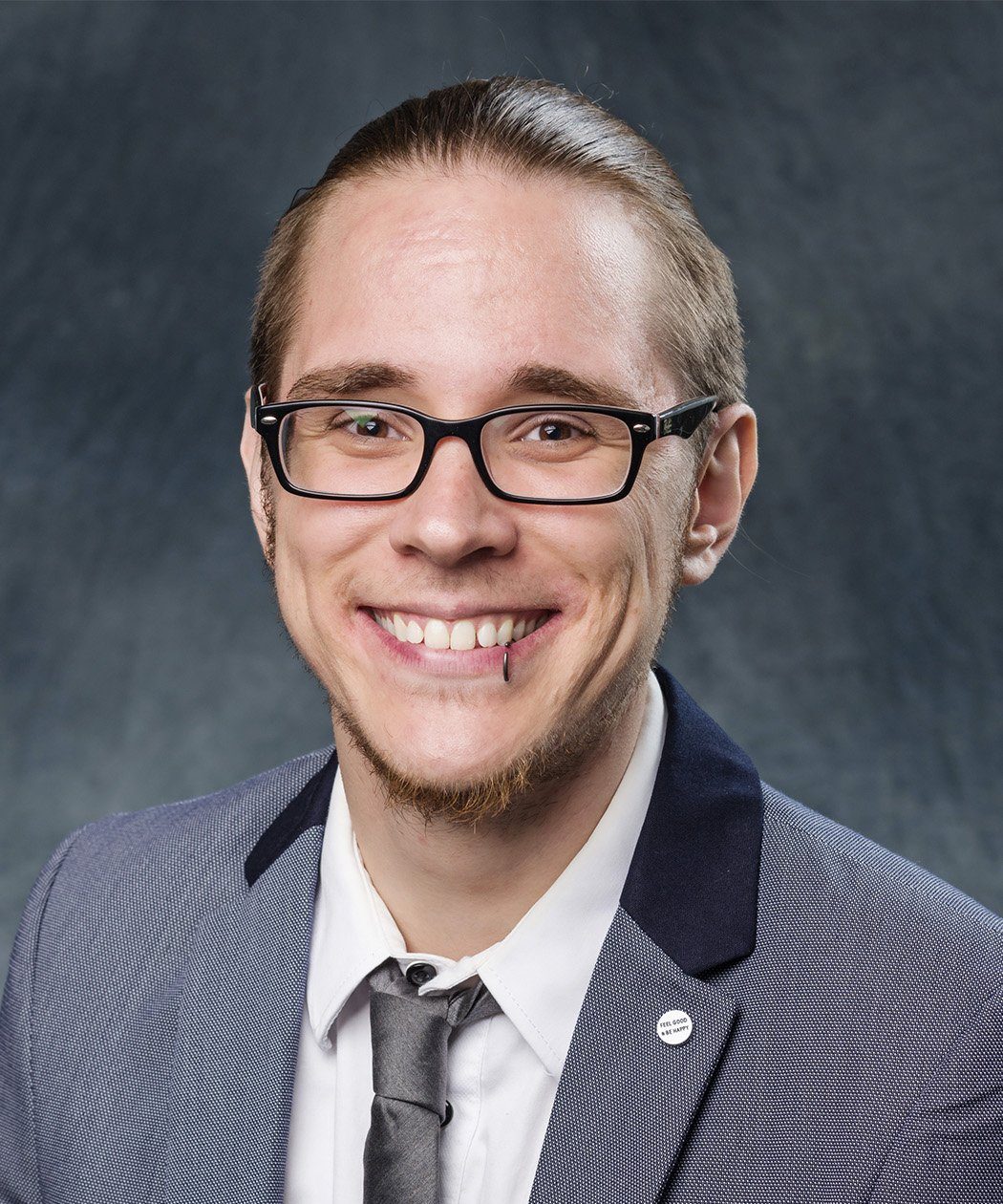This Spring CERCLL is offering several webinars for language educators. Participants who attend live can request a certificate of attendance for 1.5 hours of continuing education for each of these events; also, live attendees will be contacted after each webinar with information about how to apply for a digital badge.
Translanguaging Pedagogies in the World Language Classroom
Wednesday, February 23, 2022, 10-11:30 AM (Arizona)
To see the time of this event where you are, visit: https://tinyurl.com/Trentmantime.
Webinar presented by Emma Trentman (University of New Mexico)
Translanguaging and translanguaging pedagogies are increasingly common phrases in discussions of educational settings and language teaching. As a result, many language teachers have questions like “what is translanguaging exactly?” and “what do translanguaging pedagogies look like in practice?” This presentation provides answers to these questions in the context of the world language classroom. First, I give a theoretical overview of translanguaging as an ideological shift away from monolingual language ideologies. Second, I provide examples of translanguaging pedagogies in the world language classroom, drawing from my own experience as an Arabic teacher. Finally, I demonstrate how adopting translanguaging pedagogies in the world language classroom includes both reframing existing activities and creating transformative opportunities.
➣ Further details and the link to register are here.

Strategies for Challenging Ideologies in Language Instruction
Wednesday, April 13, 2022, 10-11:30 AM (Arizona)
To see the time of this event where you are, visit: https://tinyurl.com/cercllquantime.
Webinar presented by Tracy Quan (University of Colorado, Boulder)
The recent social and multilingual turn in language research and pedagogy has drawn attention to how the teaching of languages is an ideological endeavor. What and how we teach tells our students what and who society values inside and outside the classroom. As such, this webinar explores the following questions. What ideologies underlie our language teaching? What messages may we be perpetuating that in fact contradict and undermine our goals as language instructors? What decisions and actions can we take to interrupt ideologies in our pedagogy?
First, the presenter defines and provides examples of ideologies in the context of language instruction. Participants discuss language ideologies, or beliefs about speakers, the structure, and the use of language in general and in regards to specific varieties. They also examine raciolinguistic ideologies, which are racialized ideas about people’s language use and knowledge.
Second, Quan presents research that illustrates the consequences of ideologies, particularly for individuals and communities of minoritized backgrounds.
Third, the presenter draws from multilingual and critical language pedagogies to offer strategies for contesting ideologies in our teaching.
By the end of the webinar, participants will be able to: 1) broadly describe ideologies related to language instruction in general and to the language(s) they teach; 2) identify pedagogical strategies for unpacking ideologies in didactic materials, learning activities, and instructional decisions; and 3) critically reflect on opportunities for and challenges to teaching language in a culturally, linguistically, and socially-equitable manner.
➣ Further details and the link to register are here.

The Gender-Just Language Education Project: Benefits, Challenges, and Strategies for Engaging with Trans Knowledges
Wednesday, May 11, 2022, 4-5:30 PM (Arizona)
To see the time of this event where you are, visit: https://tinyurl.com/cercllkniselytime.
An online workshop presented by Kris Aric Knisely (University of Arizona)
In this webinar, Dr. Kris Aric Knisely (University of Arizona) introduces The Gender-Just Language Education Project, an open resource project to support language educators in engaging with trans knowledges and proactively planning for gender justice. This webinar will begin with an introduction to gender-just language pedagogies. Then, extending the critical ethical impetus for inclusion, Knisely outlines recent research that demonstrates the ways in which gender-just pedagogies can support holistic linguistic, intercultural, and symbolic competence development as well as intersectional thinking. Alongside a discussion of reasons for and ways to proactively plan for gender-justice, Knisely discusses ways of proactively planning for resistance thereto. This discussion is supported by a suite of open educational resources (OERs), which allows attendees to build upon the content introduced in this webinar and adapt it to their own sites of language teaching and learning.
➣ Further details and the link to register are here.


